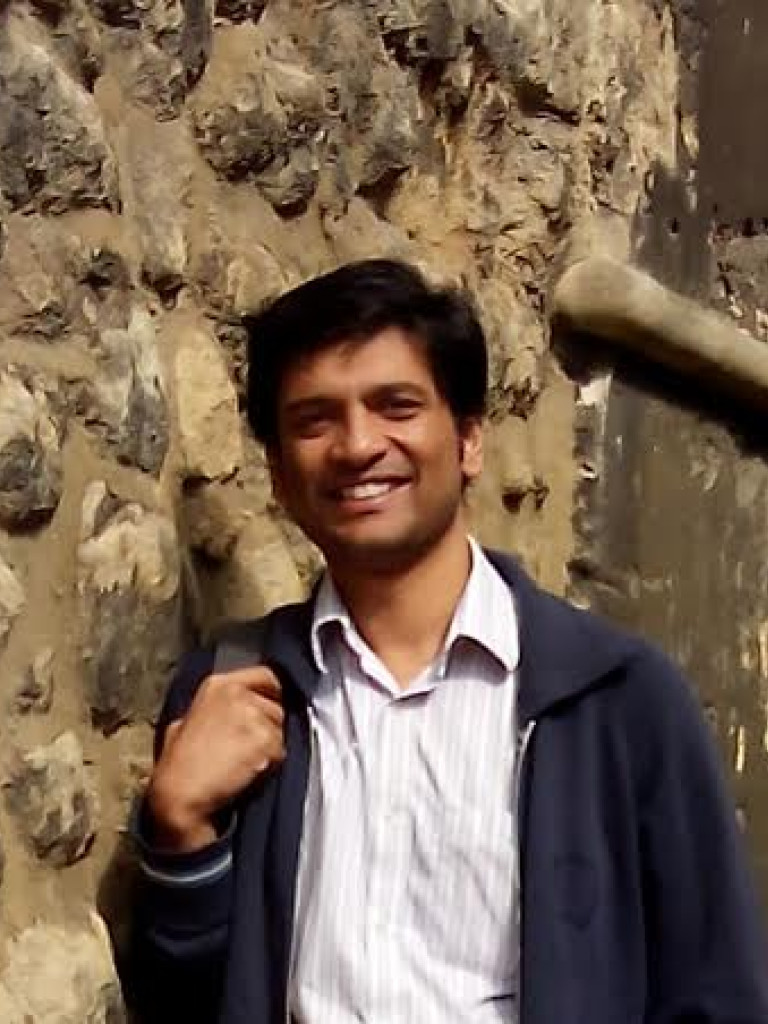
JACOB KOSHY
- 2017
- Press Fellow
Jacob is Deputy Science Editor with The Hindu, one of India’s oldest newspapers. He writes on matters related to technology, the environment, research and especially the challenges of doing science in India. Prior to that he was a science writer with Mint, The Week, The Huffington Post and has written for Newsweek Europe and The Economic Times. He has degrees in electrical engineering, journalism and Contemporary India Studies. 1) Why did you choose to become a science journalist? I was trained to be an electrical engineer but along the way discovered that communicating and writing about the infinite variety of humanity - especially in a country such as India - promised to be more exciting than thinking up clever ways to talk to machines via code. Science happened to me because of two incredible popular science books: John Gribbins’ Deep Simplicity and Bill Bryson’s A Short History of Nearly Everything. In general, journalism breeds cynicism but few branches of journalism, other than science, allow you to combine a love for language and keeping track of how knowledge is changing everyday. 2) What role do science and science communication play in your country? India has a long intellectual history and because of its colonial past has consistently had home-grown pioneers who’ve made sense of the world using the methods of modern science. However unlike in Western Europe and the United States, science in India hasn’t been able to quickly wipe out several manageable diseases, rapidly move people out of poverty or, attract enough private investment to be a major source of jobs. Science is thus heavily controlled by government and this also influences the world view of several scientists who see themselves as government employees. Many don’t see scientific investigation and the methods of science as something that must be explained to the public at large. Rather they see it as part of a process to deliver certain goods or solutions to government-prescribed needs or challenges. This has partly to do with India’s cultural history and while there are exceptions, change is extremely slow. 3) What are the main challenges of science journalism in your country? India has a long scientific tradition and while you’ll find at least one Indian scientist working at the bleeding edge of every avenue of scientific investigation, there are too few of them who make a global impact. Many scientists struggle for basic equipment and contrastingly there are others, by virtue of belonging to top-ranked institutions, who are comfortable enough to not engage with a wider public and explain why and what they do at the level of journalism. The typical science communicator or journalist is caught between these narratives and consequently, there are just a few dedicated science journalists and not enough reporting that is artistic, engaging and critical. 4) Where do you see the big societal transformations in the future? What scientific research/discovery will change our world? The dominant language of science is English and follows a peer-review model that was essentially established in the 19th century. This Bacon-led model isn’t really equipped to deal with the world of today. Exponentially, growing communications technology has created a hyper-space that, on the one hand, makes fake news highly visible but on the other hand can also bring about greater democracy in the way experiments are done and communicated. The big breakthroughs are now coming from teams of scientists transcending borders and ultimately it will be changes in the way countries negotiate trade barriers or border controls that will affect the conduct of science and the spread of knowledge. I don’t think a single invention has changed the world and it’s usually in retrospect that the historians of science source the influence of certain ideas and products to certain people. Examples include the spinning jenny to the silicon semi-conductor. On the other hand, global inequality is on the rise and concentrated capital and political influence can mean that driver-less cars can become a reality before a vaccine for tuberculosis is found. 5) What book, movie or song has radically changed your perspective? And why? The great thing about being a science journalist is that you are constantly flooded with information and stories that challenge your understanding of how the external world really is. Early philosophy books gave me a deterministic view of the world but Godel, Escher, Bach by Douglas Hofstadter pushed me the other way and convinced me that we are condemned to a lifetime of recursive uncertainty. Antonio Damasio’s Descartes Error and Vilayanur Ramachandran’s The Tell-Tale Brain convinced me that if the brain was fidgety then certainty in science and - knowledge in general - was a myth. Most recently Yuval Noah Harari’s Homo Deus reinforces the role of power struggles in shaping what counts as true and certain throughout human history and how even our machine futures may be influenced by such external forces.